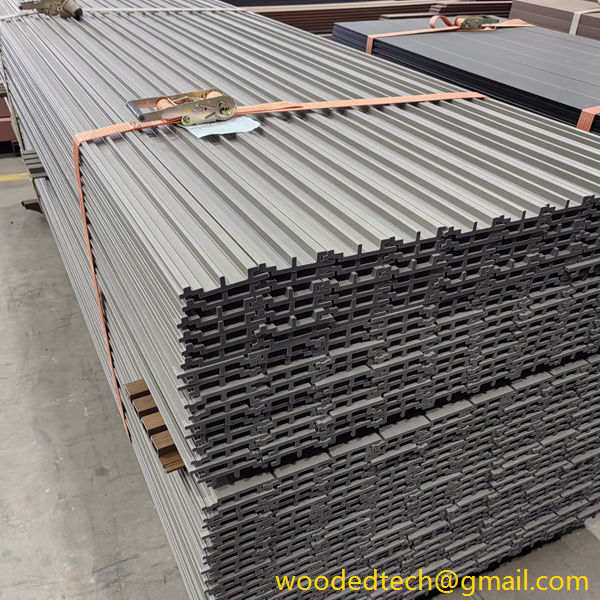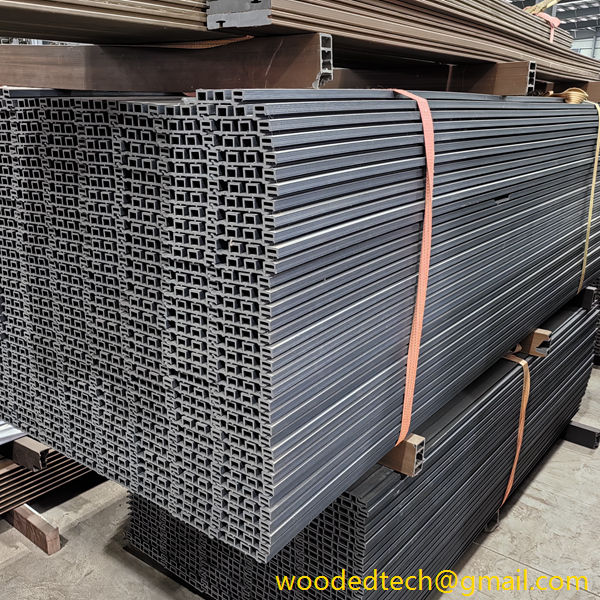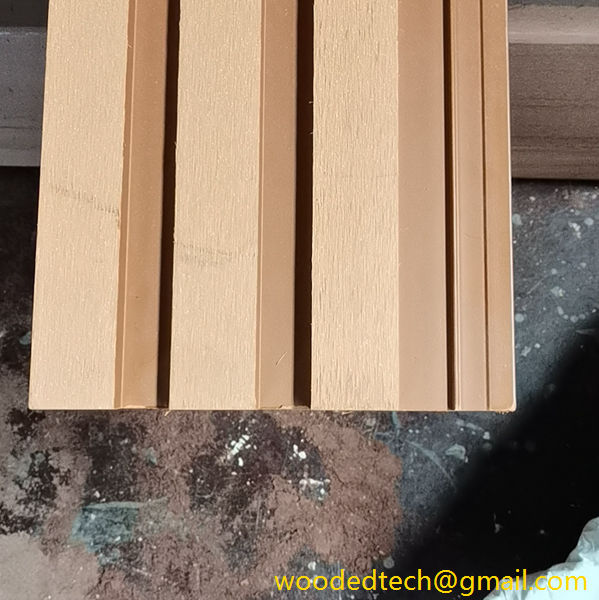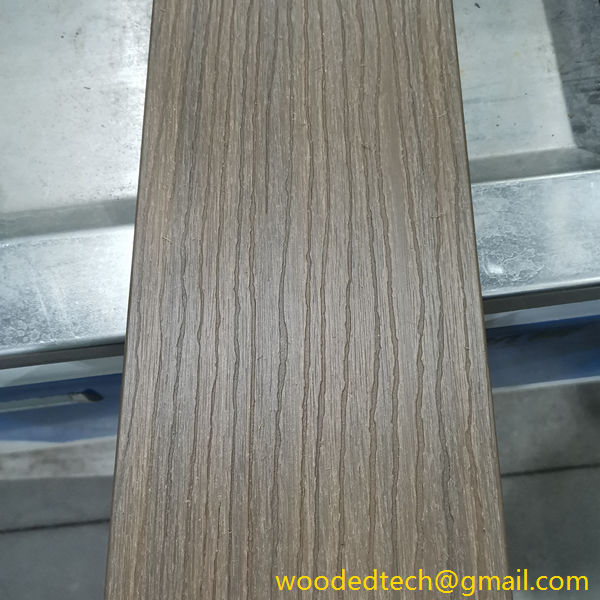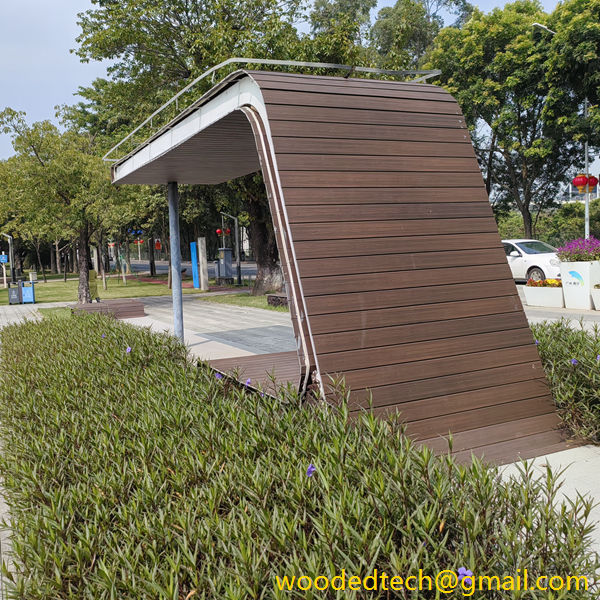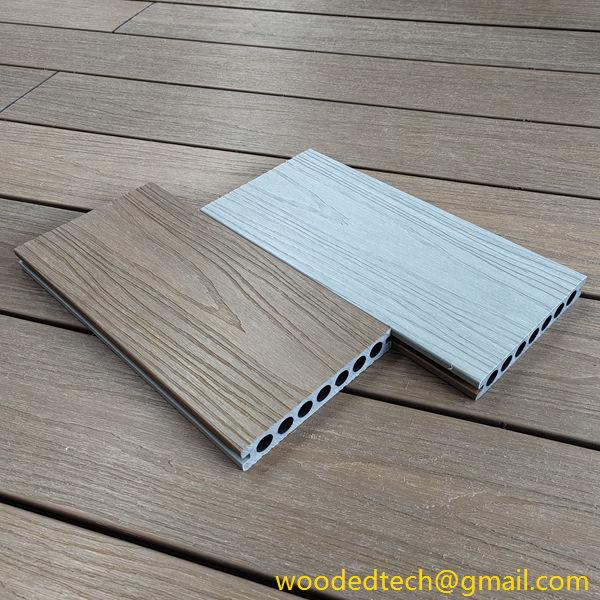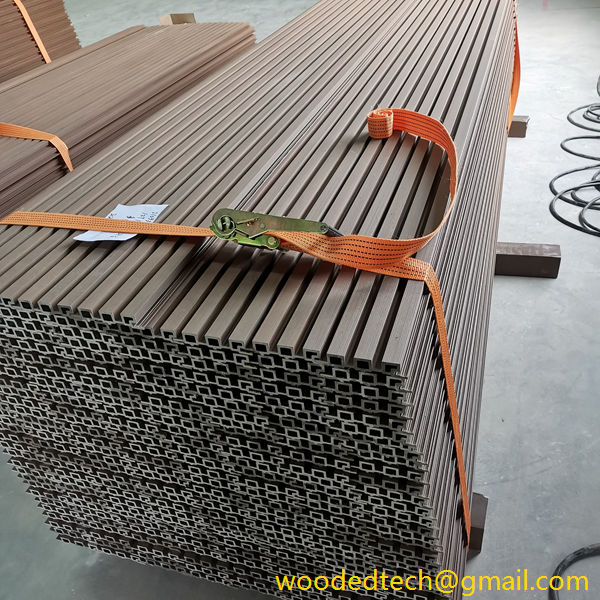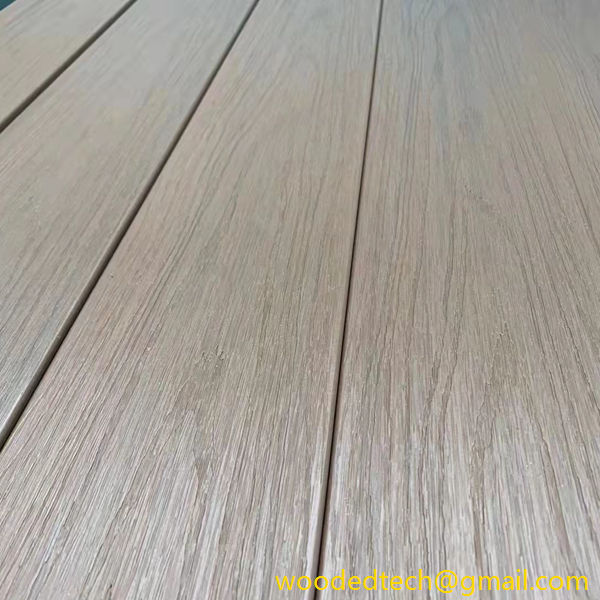擠型牆板:適用於現代建築設計的創新擠型牆板
擠型牆板:用於現代建築設計的創新擠型牆板 在現代建築和施工領域中,對於能夠增強美觀性和功能性的創新材料的需求與日俱增。在這些材料中,擠型牆板已嶄露頭角,為建築設計帶來革命性的改變。這些擠型牆板的特點是耐用、輕量、...
擠型牆板:適用於現代建築設計的創新擠型牆板
In the realm of modern architecture and construction, the demand for innovative materials that enhance both aesthetics and functionality is ever-increasing. Among these materials, extruded wall panels have emerged as a significant player, revolutionizing building designs. These panels, characterized by their durability, lightweight nature, and thermal efficiency, are becoming a staple in contemporary construction. However, one of the critical factors driving their widespread adoption is the cost advantage offered by production areas in China.
China has established itself as a global manufacturing hub, and this status is especially pronounced in the production of construction materials, including extruded wall panels. The cost advantage that China provides is multifaceted, encompassing several key aspects that contribute to the affordability and accessibility of these innovative materials.
Firstly, labor costs in China are significantly lower compared to many Western countries. The construction industry often faces challenges related to labor shortages and rising wages, which can inflate production costs. In contrast, China boasts a large and skilled workforce willing to work for lower wages. This factor alone substantially reduces the overall production costs for extruded wall panels, enabling manufacturers to offer these products at competitive prices. As a result, architects and builders can obtain high-quality materials without straining their budgets.
Moreover, China’s extensive supply chain infrastructure plays a crucial role in reducing costs. The country’s manufacturing ecosystem is well-developed, with a multitude of suppliers and manufacturers specializing in various components required for extruded wall panels. This interconnected network streamlines the procurement process, minimizing delays and reducing transportation costs. Manufacturers can source raw materials, such as polymers and additives, locally, further driving down expenses. The efficiency of this supply chain means that production can be scaled rapidly to meet market demand, allowing companies to maintain lower prices while ensuring a steady supply of extruded wall panels.
In addition to labor and supply chain efficiencies, technological advancements in China’s manufacturing processes have significantly contributed to cost reductions. Chinese manufacturers have invested heavily in modernizing their production facilities and adopting advanced technologies. Automated machinery, for instance, has enhanced production efficiency and consistency, resulting in lower defect rates and waste. This technological edge allows manufacturers to optimize their operations, ultimately leading to cost savings that can be passed on to consumers.
Furthermore, the sheer scale of production in China creates economies of scale that are difficult for smaller manufacturers in other countries to replicate. With a vast domestic market and a growing international demand for extruded wall panels, Chinese manufacturers can produce these materials in large quantities. This mass production capability lowers the per-unit cost, making extruded wall panels more affordable for builders and developers around the world. As a result, projects that may have previously been constrained by budget limitations can now incorporate these innovative materials, enhancing their design and sustainability.
Sustainability is another vital consideration in modern building designs, and Chinese manufacturers are increasingly recognizing the importance of eco-friendly practices. Many manufacturers have adopted sustainable production methods, utilizing recycled materials and minimizing waste. While this commitment to sustainability may require initial investment, the long-term cost benefits are substantial. By reducing waste and optimizing resource use, manufacturers can lower production costs while contributing to a more sustainable construction industry. This alignment with global sustainability trends appeals to environmentally conscious consumers and developers, further driving the demand for extruded wall panels.
The global market for extruded wall panels is also benefiting from the increasing emphasis on energy efficiency in building design. These panels offer excellent thermal insulation properties, helping to reduce energy consumption for heating and cooling. In regions with stringent energy codes, the use of extruded wall panels can lead to significant cost savings over time, as they contribute to lower energy bills for building occupants. The initial investment in these panels can be offset by the long-term savings they provide, making them an attractive option for builders aiming to create energy-efficient structures.
Additionally, the versatility of extruded wall panels in terms of design and application enhances their appeal. These panels can be customized to suit various architectural styles, allowing for creative freedom in building design. The ability to produce panels in different colors, textures, and finishes means that architects can achieve their desired aesthetic without compromising on cost. This versatility helps builders differentiate their projects in a competitive market while ensuring that they remain within budget.
In conclusion, the cost advantage of China’s production areas plays a pivotal role in the widespread adoption of innovative extruded wall panels in modern building designs. Through lower labor costs, an efficient supply chain, advanced manufacturing technologies, economies of scale, and a commitment to sustainability, Chinese manufacturers are able to produce high-quality extruded wall panels at competitive prices. These benefits translate into significant savings for builders and developers, enabling them to incorporate cutting-edge materials that enhance the functionality and aesthetics of their projects. As the construction industry continues to evolve, the role of extruded wall panels in shaping modern architectural designs will only grow, driven by the continued cost advantages offered by China’s robust manufacturing capabilities.

